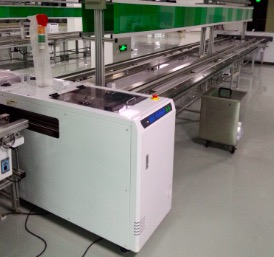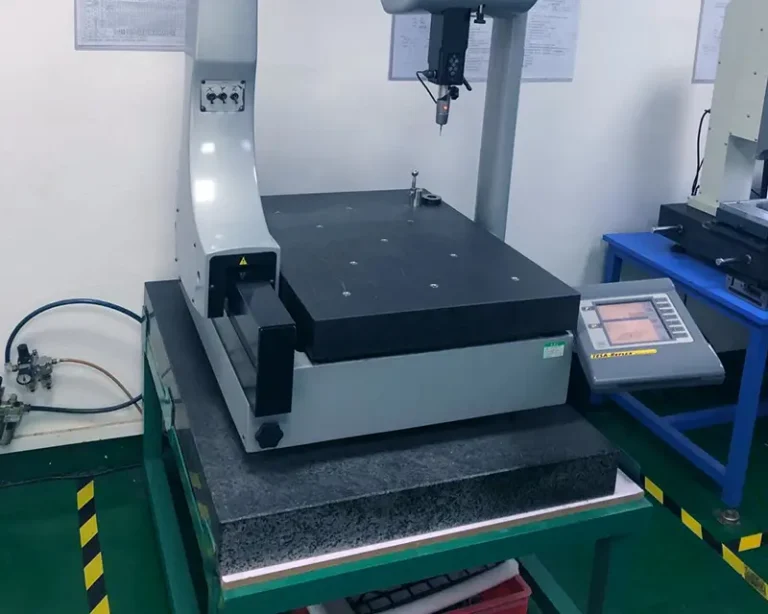目录
An auxiliary power supply plays a crucial role in various systems that require a stable and reliable source of energy, especially in critical applications such as industrial, communication, and transportation systems. It provides power to support secondary functions or backup power during main power failures. In this article, we’ll explore what an auxiliary power supply is, its applications, and why it is essential.

Understanding Auxiliary Power Supply
An auxiliary power supply is a secondary power source used to ensure the continuous operation of essential equipment when the primary power system fails or is unavailable. It is typically used to power support systems, such as control systems, alarms, or emergency lighting, which need to function even when the main power supply is interrupted. Auxiliary power supplies are often found in environments such as power plants, telecommunications, and railways, where uninterrupted operation is critical.
Key Applications of Auxiliary Power Supply
Industrial Applications: In many industrial sectors, an auxiliary power supply ensures that critical equipment, such as sensors and monitoring systems, continues to operate in the event of a power outage. For example, in manufacturing facilities, automated machines depend on auxiliary power to maintain the operation of safety systems and control panels during a power loss.
Telecommunications: Telecom systems rely heavily on auxiliary power supplies to guarantee that base stations and communication networks remain functional during power interruptions. This is especially important in remote locations where power outages can last for extended periods, potentially disrupting services.
Transportation Systems: In the transportation industry, an auxiliary power supply is used in trains, metros, and even airplanes to ensure essential systems remain operational. For example, train signaling systems and onboard communication devices often require an auxiliary power supply to function without interruption.
Emergency Backup: Perhaps the most vital role of an auxiliary power supply is to provide emergency backup power. Hospitals, data centers, and other facilities where downtime is not an option often use auxiliary power sources like uninterruptible power supplies (UPS) to provide power during grid failures. These power supplies are crucial for maintaining operations until backup generators kick in.
Conclusion
In conclusion, an auxiliary power supply is an essential component in many industries and systems where uninterrupted power is crucial. Whether it’s for emergency backup, ensuring the smooth operation of critical equipment, or supporting secondary functions during power outages, the importance of having a reliable auxiliary power source cannot be overstated. By providing a stable and consistent power supply when needed most, auxiliary power systems help maintain operational continuity and safety across various sectors, from industrial facilities to telecommunications and transportation. Therefore, understanding and investing in the right auxiliary power supply is vital for ensuring the longevity and reliability of any system.
0







